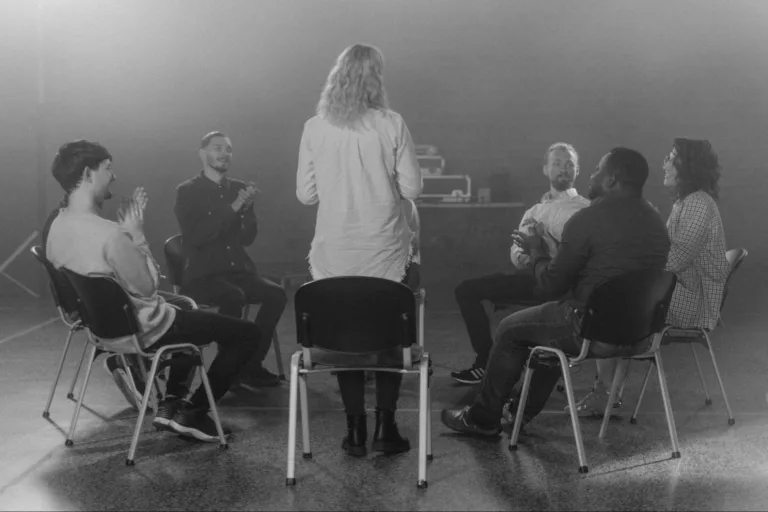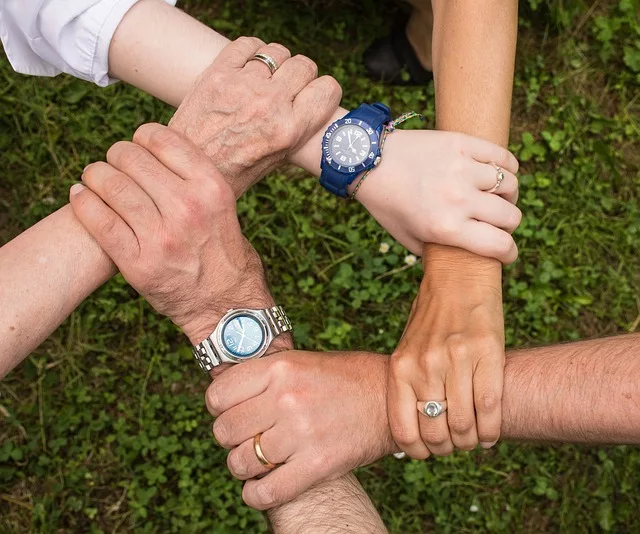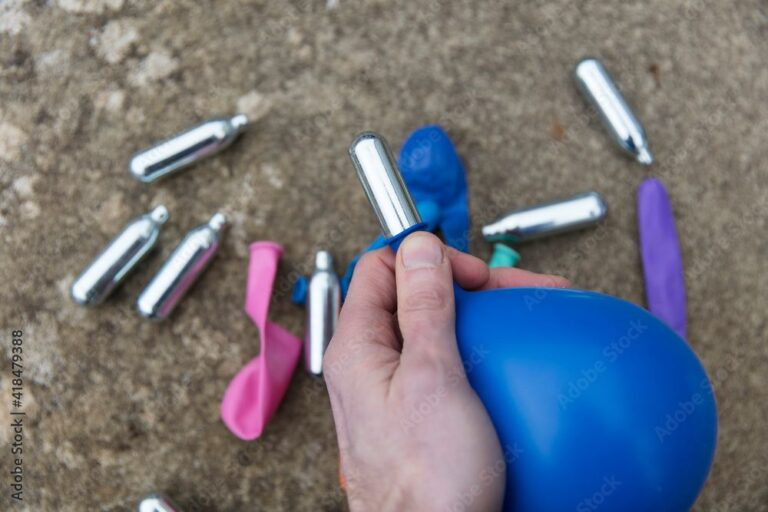Society’s understanding and acceptance of addiction as a complex, chronic, relapsing disease of the brain has slowly begun to take hold. As researchers delve deeper into the neuroscience of drug dependence and alcoholism, the clearer it becomes that addiction is not a moral failing or a spiritual defect. Changing an 80-year-old approach to treatment based on those philosophies, however, has taken time.

Dr. Mark Willenbring, the director of treatment research at the National Institute of Alcohol Abuse and Alcoholism (NIAAA) from 2004 to 2009, is speaking out. In an interview with the New York Times, Willenbring said, “When we publish studies in our field, nobody who is running these [treatment] centers reads them.”
He added that many in the rehab industry, which generates an estimated $35 billion a year, have not reformed their approaches even though the facts surrounding addiction have changed.
“The knee-jerk response,” says Willenbring, “is typically, ‘We know what to do.’ And when that doesn’t work, we blame the patients if they fail.”
Addiction experts, like Willenbring, are referring to evidence based treatments for drug and alcohol addiction. These scientific and behavioral approaches to addiction have proven to be effective.
What is Evidence-Based Treatment for Addiction?
Evidence-Based Treatment for Addiction uses some of the following non-12 step scientific and behavioral approaches:
- Cognitive Behavioral Therapy (CBT), which helps those with drug and alcohol dependencies understand the relationship between their thought processes and behaviors
- Motivational Enhancement Therapy (MET), which encourages substance abusers to engage in their own recovery along with a counselor and develop skills to abstain from alcohol or drugs
- Treating underlying causes of addiction, such as post-traumatic stress disorder, bipolar disorder, depression, and anxiety with therapy and medications
- Prescribing medications that reduce craving, such as Suboxone for opioid addiction
A vast majority of rehab programs in the United States, however, still approach addiction with 12-step principles rooted in organizations like Alcoholics Anonymous or Narcotics Anonymous. These self-help/support groups embrace spiritual concepts, such as surrendering to a higher power, as a means of abstaining from drugs and alcohol.
It’s undeniable that 12-step support groups have helped many people. Critics of the 12-step model, though, suggest that this methodology can alienate people who are not religious and ignores any underlying medical issues that can make addiction matters worse.
In June 2012, the National Center on Addiction and Substance at Columbia University released a report, which noted that in some states counselors with only a high school diploma can treat patients for addiction. The report went on to suggest that other healthcare professionals, such as social workers, psychologists, nurse practitioners and physicians, should be a part of the treatment process.
In light of the opioid epidemic the country now faces, the argument for evidence-based treatment of addiction is extremely relevant. According to the Centers for Disease Control and Prevention (CDC), fatal overdoses due to heroin and prescription painkillers have almost quadrupled since 2002.
Addiction to drugs and alcohol is not a moral or spiritual failure. These issues, caused by the brain’s chemical makeup, are more than 50 percent genetic. It is a chronic illness. “If you went to a doctor during your first bout of asthma,” says Willenbring, “would you expect to be cured after just one inhaler? Of course not. Why not approach addiction the same way?”
Related:
Medication Assisted Treatment Therapy
How Does Motivational Enhancement Therapy Work?





